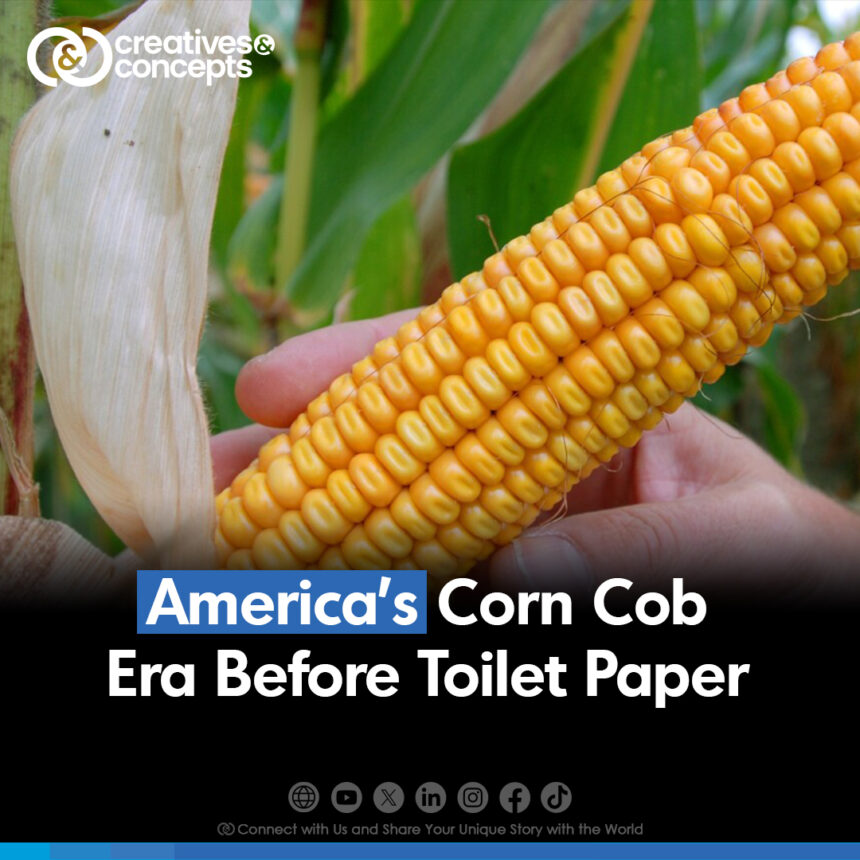In the days before the convenience of toilet paper, various inventive methods were employed for personal hygiene. Among early North American settlers, corn cobs emerged as a surprisingly practical solution due to their abundance, relatively soft texture, and ease of use. Meanwhile, sailors at sea devised their own makeshift remedy known as a “tow rag,” fashioned from a lengthy piece of frayed rope that was allowed to trail in the water. These historical practices shed light on the resourcefulness and adaptability of past generations in addressing the necessities of everyday life.
Search
Have an existing account?
Sign In






